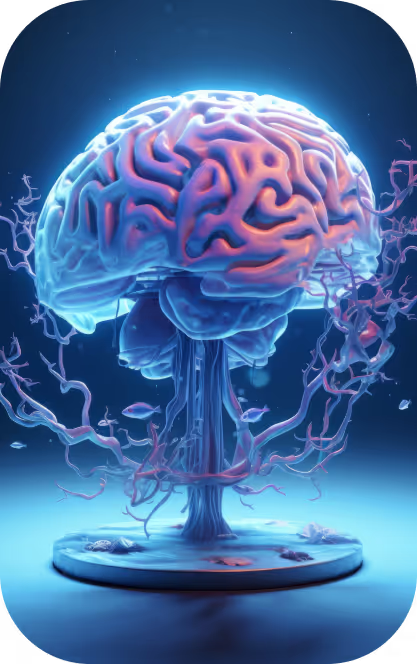Globalisation, the noosphere and human rights


The concept of human rights is gaining new dimensions in the context of the noosphere, as globalisation and digitalisation are changing traditional notions of freedom, dignity and equality. In an era of intense technological transformation caused by the development of artificial intelligence, virtual reality and social media, the noosphere is becoming an important intellectual environment in which people, the state and global corporations interact.
The introduction of new technologies in the field of human rights raises a number of questions. How to ensure the right to privacy in the digital world? How to protect the right to access information and education in the context of unequal access to digital technologies? Answers to these questions are at the heart of contemporary human rights research in the noosphere.
One of the most important challenges concerns the right to privacy. In the digital world, where everyone leaves a trace in the form of data, privacy becomes one of the most valuable resources. The large amount of information collected by corporations and government agencies can be used for good, but also for control or manipulation. In this regard, there is a need for new legal mechanisms that would ensure effective protection of privacy and human freedom in the digital space.
In addition, the issue of cybersecurity and data protection is becoming an important aspect, as globalisation leads to an increase in the number of cybercrimes that may violate human rights, especially the rights to security and privacy. In this context, states and international organisations must develop new approaches to legal regulation that take into account both the interests of citizens and the challenges arising from interaction with transnational corporations. Thus, the noosphere not only opens up new opportunities for human development, it also requires a more responsible attitude to the protection of human rights in the new digital reality.










